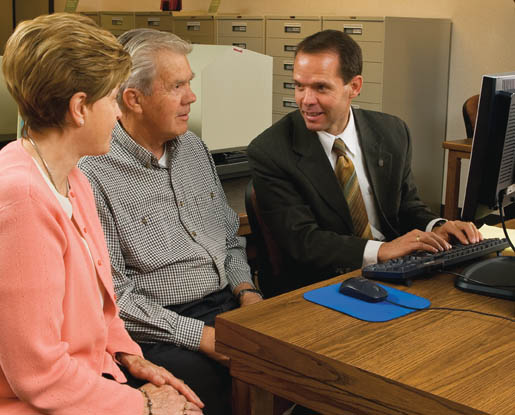Digital picture of my 10th Great Grandmother’s Will, housed at the Maryland State Archives in Annapolis
An Archive refers to a collection of public records and/or
Also known as Archival Repositories or Archives, these places often hold items of great interest to historians, demographers, lawyers of course Genealogists.
Now, an archive is not the same thing as a library, though many archives may house decent book collections. The main purpose of an archive is to collect unpublished material of historical import, mainly from local surroundings. This of course means that the information you can find varies greatly from one archive to the next. In general though, all archives will contain Primary source records that have been preserved because of their great research value. This may include but is certainly not limited too:
* Diaries
* Ledgers
* Autograph Books
* Tax Books
* Charters
* Biographies
* Land Deeds
* Plat Maps
* Letters
* Church Registers
* Probate Documents
* Registers of Birth, Death or Marriage
* Photographs
* Area Histories
* Yearbooks
What an archive may house greatly depends on how long the archive has been around, where the archive is located and what type of archive it is.
There are Government archives, business archives, academic archives, church archives, and more. State/Province archives (which fall under the government archives category) usually house any number of the above mentioned documents gathered from all over the state/province, while other archives may carry items much more specific and of a narrower range.
State and Province archives are usually open for anyone to use and are of particular interest to genealogists as they carry the most information in general on their particular state/region. National Archives are also a wonderful Genealogical Resource and exist in many countries.
The National Archives (NARA) is the U.S. Government’s collection of documents of important events in American history and is located in the District of Columbia.
A listing of web links to State archives can be found here on the Council of State Archivists(COSA) website.
Keep in mind that even though State archives are open to anyone’s use, they are usually not free. A small fee is required for entrance to do research. Each State archives website will give you more details on that particular archives’ policies. But as a general rule you’ll want to bring cash for copies of items and for a locker (certain items are not allowed), a laptop or notebook and pencil (no pens) and a digital camera with the flash set to OFF. Even then some archives do not allow picture taking of any kind. Another good idea is to browse the archives catalog before you go, if it is online. That way you won’t spend your valuable time there deciding what to look for.
If you’ve never been to an Archives before it may seem a bit daunting upon first arriving. But the archivists are generally friendly and should be happy to help you get acquainted with the archives set up and collections. Prepare to spend your whole day there. It’s addicting!

